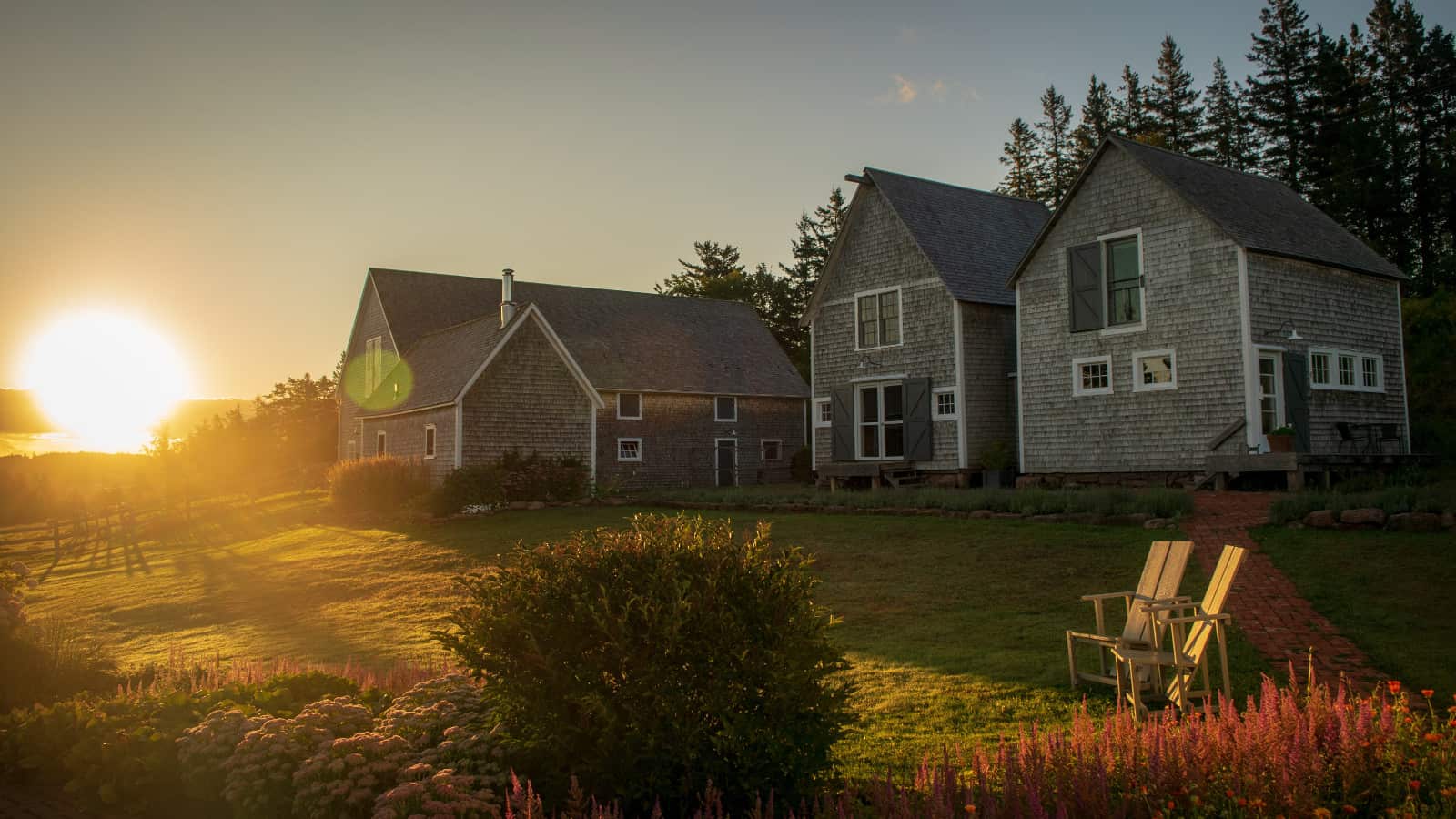GET IN TOUCH
Please contact us for more information. Our email is monitored seven days a week and we will get back to you shortly.

In recent months, British Columbia has introduced and passed a number of bills to address the ongoing housing crisis. These bills address a wide range of housing policy issues, and will impact many people. Broadly, the bills all aim to increase available housing stock for purchase and for rent in British Columbia. In particular, new restrictions on short-term rentals have sparked discourse online and in the news. In this article, we’ll discuss the rules that came into effect on May 1st, and what hosts need to know.
B.C. passed the Short-Term Rental Accommodations Act in 2023. New restrictions on short-term rentals came into effect on May 1st, 2024. They aim to take short-term housing stock in high-demand areas and make them available to long-term renters. They also expand the powers of local governments to enforce restrictions on short-term rentals locally.
The main obligations imposed on affected short-term rental hosts by the Act are:
The most significant change faced by hosts as a result of the new rules is the Provincial principal residence requirements. Essentially, this rule limits short-term rentals to rooms within the host’s principal residence, plus one secondary suite on the same property. This rule aims to ensure that suitable long-term homes aren’t taken off of the market for vacation accommodation. In a nutshell, short-term rental properties in affected areas can only be on the host’s primary residence property. Hosts aren’t allowed to construct more than one extra suite on that property for the purposes of short-term renting.

For example, a host can advertise a room or suite on their property on websites like Airbnb and VRBO. They can even construct a separate dwelling on their property, known as an accessory dwelling unit, for this purpose. However, a host can’t divide their existing basement suite into two studio apartments to be rented out on sites like Airbnb and VRBO.
The Act applies to short-term rentals offered to the public, including:
Traditional Bed and Breakfasts are still able to operate as normal, though the provincial principal resident requirement still applies. B&B owners must live on the property that they host guests on in order to comply.
The Act considers rental properties available for stays of less than 90 days short-term rentals. According to the province, data from 2023 indicates there are over 16,000 entire residential properties being used as short-term rentals for at least most of the year in BC. More recent figures estimate that number is up to 19,000 properties.
The rules automatically apply to cities that have a population of 10,000 or more. However, smaller municipalities can opt in to have the bylaw apply in their town. Restrictions on short-term rental properties must be as restrictive as the Provincial guidelines or more restrictive, unless they do not apply due to population size. It’s important to note that local governments usually can’t opt out of these rules. The province only allows local governments tol request to opt out if they have a rental vacancy rate of at least 3% for two consecutive years.
As of right now, the communities which have the principal residence requirement are primarily in the Lower Mainland, and areas in the Okanagan and Capitol Regional District. For more information, the province has provided a map of the municipalities that currently have this requirement.
So far, at least 17 unaffected municipalities have elected to opt-in to the new rules, including many of the Gulf Islands, Tofino, and Osoyoos.
Some properties may be exempt from this requirement, depending on their zoning and the type of accommodation service provider the business is. The aim of the Act is to increase long-term rental housing stock by taking suitable properties on the short-term market and ensuring they are available as long-term homes for British Columbians. Properties which aren’t suitable for long-term housing are exempt. According to the province, this can include:
The Act aims to help local governments enforce regulations on short-term rental businesses. This includes the following requirements and enforcement methods:
Requiring Display of Business Licence: In areas where businesses must display a local business licence, short-term rental owners have to display that licence number on their property listing.
Holding Online Platforms Accountable: Online short-term rental platforms must remove non-compliant listings from their offerings at the request of the local government. The Act requires these platforms to share information on local short-term listings with local governments on a monthly basis.
New Licensing Authority for Local Governments: Amendments to the Local Government Act now allow regional districts to regulate and grant licences to short-term rentals.
The Provincial Compliance and Enforcement Unit: The Province will establish a dedicated unit to ensure compliance and enforce the new regulations. This unit will monitor compliance using data provided by online short-term rental platforms and can issue penalties for violations.
Introduction of a Provincial Registry: The Province says it aims to launch a short-term rental registry by early 2025 to aid in compliance monitoring. Hosts will have to register with the province, and include their registration number on their property listings. Online platforms will be required to validate the provincial registration numbers on listings to ensure compliance.
Non-compliance with the new regulations can result in receiving fines for bylaw offences. Regional districts can issue fines of up to $50,000 for bylaw offences, and municipalities can issue fines of between $1,000 and $3,000 per infraction per day. It is yet to be seen how municipalities and regional districts will approach ticketing for violations of short-term rental bylaws.
Many short-term rental owners have expressed concern about the new regulations, including the lack of consultation from the government and potential impact on their investments. If you are or have been operating a short-term rental business, it’s essential to understand your new obligations under the Short Term Rental Accommodations Act. Here is an overview of the new rules under the Act:
If you’re unsure of how your business operations will be affected by the new rules, or need guidance to ensure compliance, contact an experience corporate lawyer today.
Have a question about this topic or a different legal topic? Contact us for a free consultation. Reach us via phone at 250-888-0002, or via email at info@leaguelaw.com.